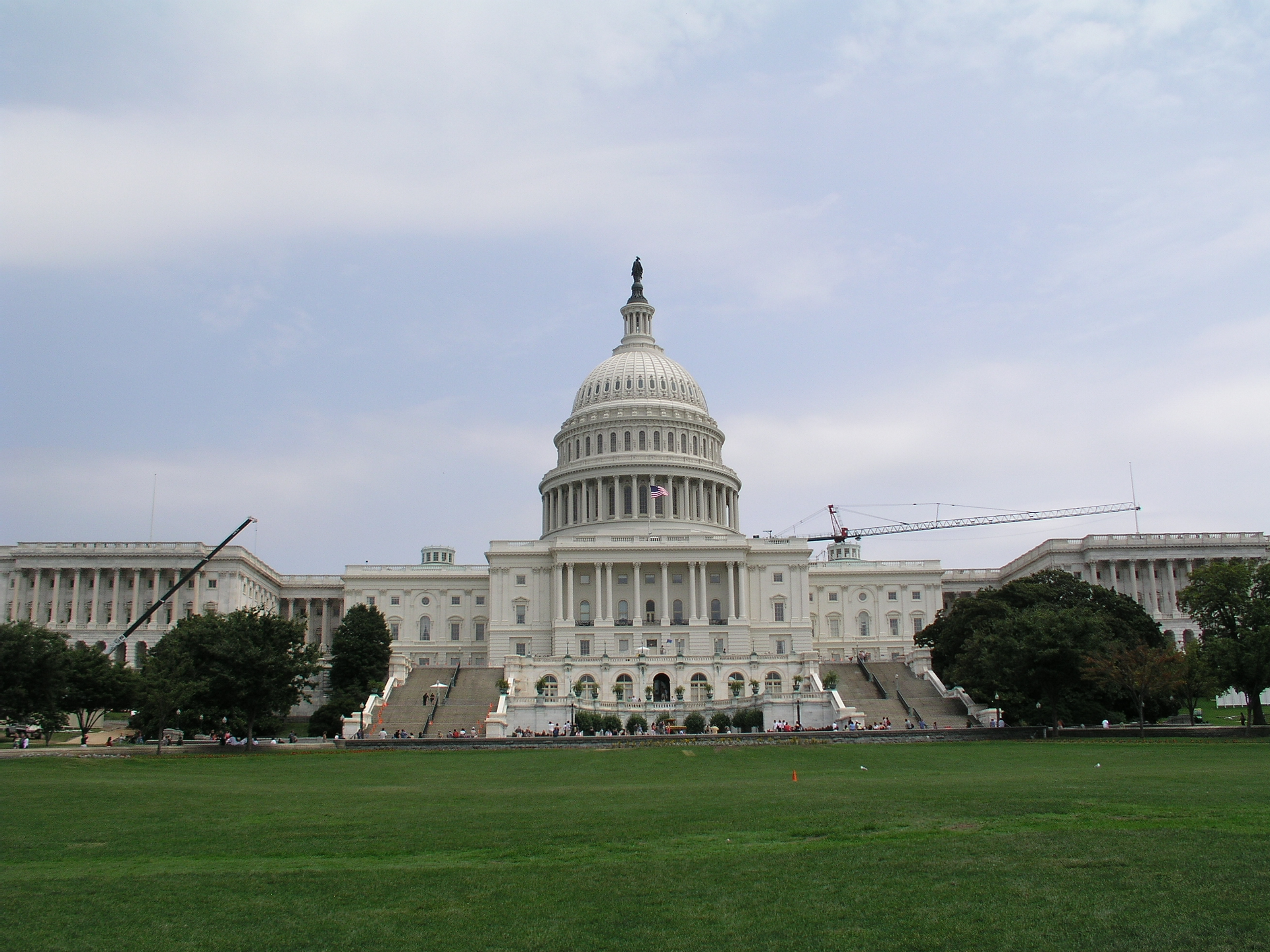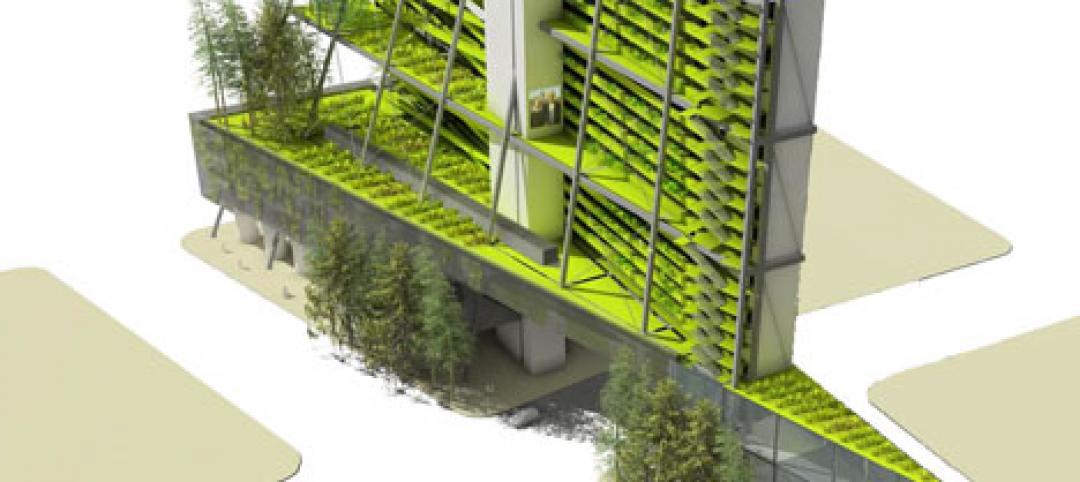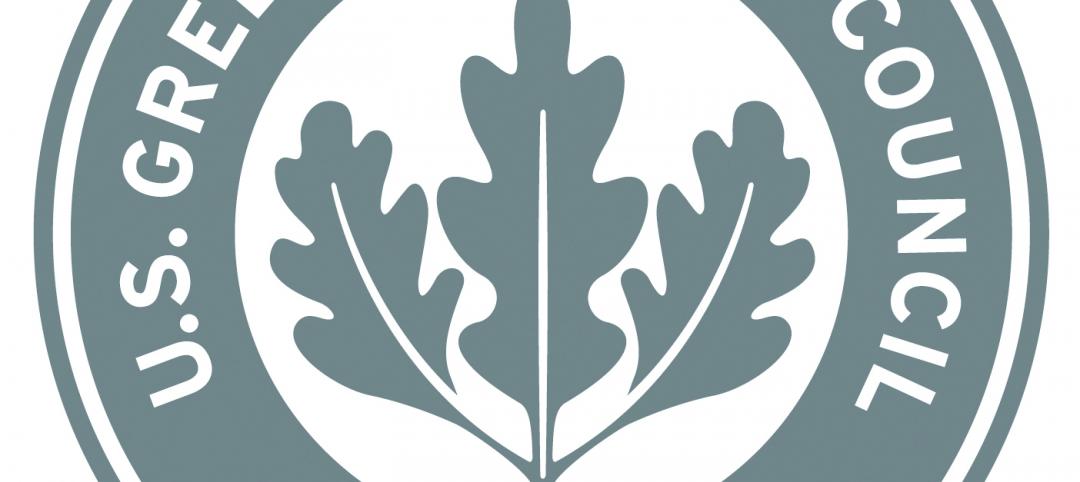Several real estate organizations, including the National Multifamily Housing Council (NMHC), have joined forces to urge Congress to fully fund the 2020 Census and the annual American Community Survey (ACS) in its 2016 budget, which lawmakers are currently debating.
Developers, builders, and contractors rely on these government data to gauge, among other things, changes in population demography and mobility, factors that play major roles in planning and construction plans.
Last year, the industry dodged a bullet when Congress failed to approve a measure that would have made participation in ACS voluntary. “This would have reduced the survey’s accuracy and made it more costly by requiring additional effort to ensure a representative sample,” NHMC states on its website. The Council notes, too, that the industry wants Congress to restore three-year data collection methods that got changed last year.
In its 2016 budget, the Obama Administration is requesting $1.5 billion for the Census Bureau in fiscal year 2016, including $663 million for the 2020 Census (a 91% increase over the previous Census budget) and $257 million (plus $15 million) for the ACS, according to the Census Project, a collaboration of state and local governments, advocacy and business groups, and research organizations interested in a fair and accurate census. Obama is asking Congress for an extra $1 billion for hiring and promotion for the decennial count, after plans to automate door-to-door interviewing in the 2010 Census failed to muster Congressional support.
Population data are of critical importance to municipalities, too. The Arizona Republic reported last month that the city of Chandler, Ariz., will pay the Census Bureau more than $4 million to conduct an updated population count for that metro later this year. Chandler is hoping that the new count will show how its population has increased significantly since the 2010 Census, which put Chandler’s population at 236,326 residents. (Arizona allocates state-shared revenue based on a city’s population.)
The Census Project notes that the Bureau is trying to save as much as $5 billion over the census lifecycle by investing early in research, testing, and development of new methods and technologies. For example, later this year the Bureau plans to hold focus groups with people who would be affected by a new classification being considered for Americans of Middle Eastern and North African descent. The 2013 ACS—with a sample size of 3 million addresses nationwide—estimated that there were about 1.5 million Arab Americans in the U.S. in 2006-10. If this test proves successful, the new classification could be included in the 2020 Census, according to the Associated Press.
Related Stories
| May 31, 2012
Natural gas industry opposes federal carbon-neutral construction rule
The natural gas industry and some allies are working to block a federal green building rule that was expected to be a national model for carbon-neutral construction.
| May 31, 2012
Lawsuits push the legal boundaries of green building definition
This article explores some legal issues stemming from lawsuits in which plaintiffs have charged developers with not delivering on a promised level of sustainability.
| May 31, 2012
ANSI approves Green Building Initiative’s design standard
The Green Building Initiative (GBI), a Portland, Ore. nonprofit organization, has had its new consensus-based standard for the design, construction, and operations of environmentally friendly buildings approved by the American National Standards Institute (ANSI).
| May 31, 2012
USGBC testing Minnesota buildings to see if they are living up to LEED standards
The Minnesota chapter of the U.S. Green Building Council (USGBC) has teamed up with EnergyPrint, a St. Paul, Minn. energy consulting firm, to study the energy and water use of more than 150 buildings in the state that have LEED certification.
| May 29, 2012
Reconstruction Awards Entry Information
Download a PDF of the Entry Information at the bottom of this page.
| May 25, 2012
Major retail chains welcome LEED Volume option
Large national chains such as Starbucks, Marriott, Verizon, and Kohl’s are welcoming the LEED Volume Program that enables them to batch certify similar projects.
| May 25, 2012
Alaska’s okay of gravel aggregate with naturally occurring asbestos opens up development
Some long-delayed projects in the Upper Kobuk region of Alaska may now move forward thanks to legislation that allows construction in areas that have naturally occurring asbestos.
| May 25, 2012
Las Vegas building codes may thwart innovative shipping container development
A developer wants to build a commercial development out of steel shipping containers in Las Vegas, but city codes would have to be altered or the project would have to obtain waivers for it to receive the city’s go-ahead.
| May 25, 2012
Collapse of Brooklyn building that killed worker blamed on improperly braced frame
The Occupational Safety and Health Administration cited SP&K Construction with 11 safety violations, for which it could face more than $77,000 in fines.











